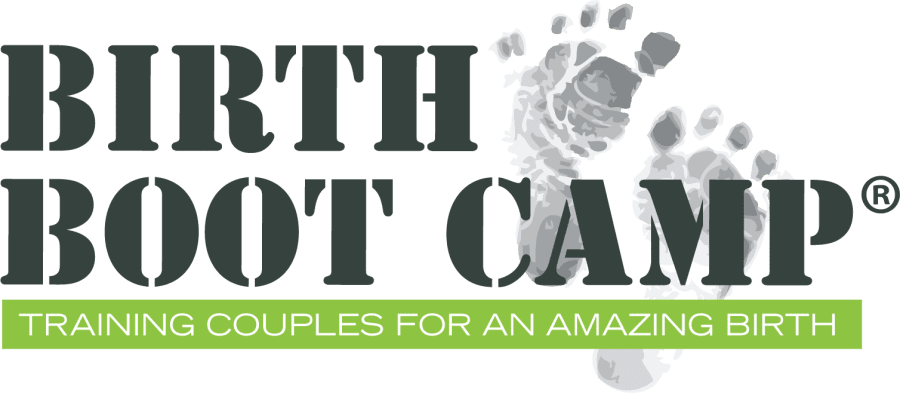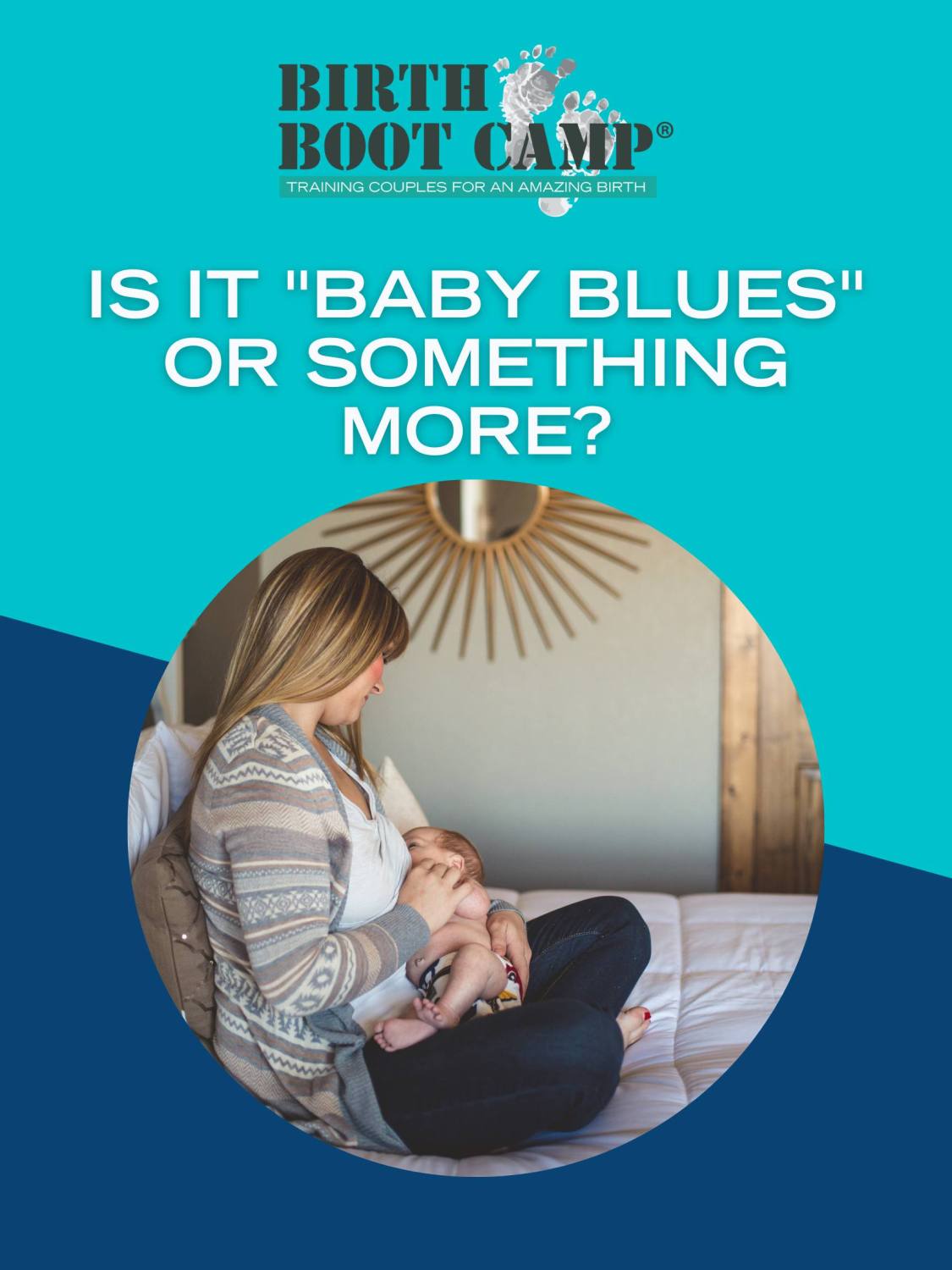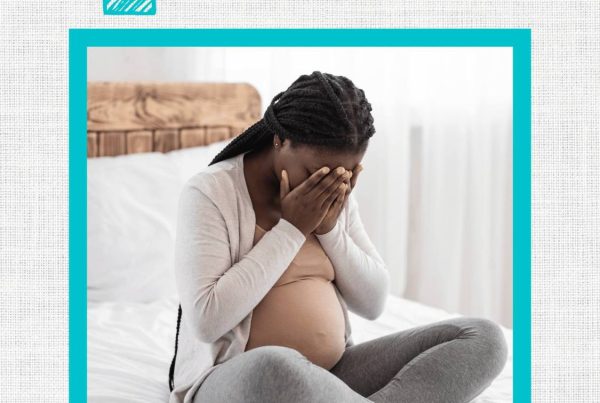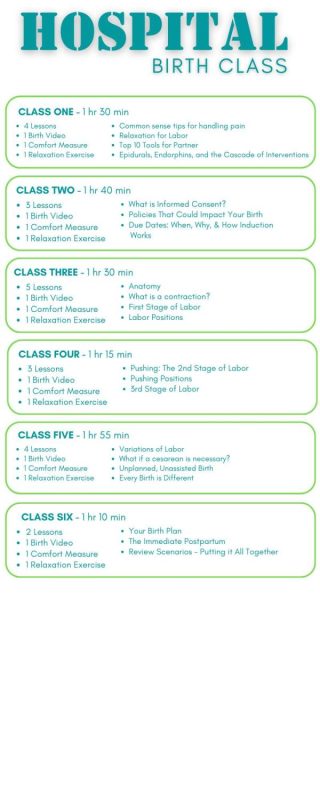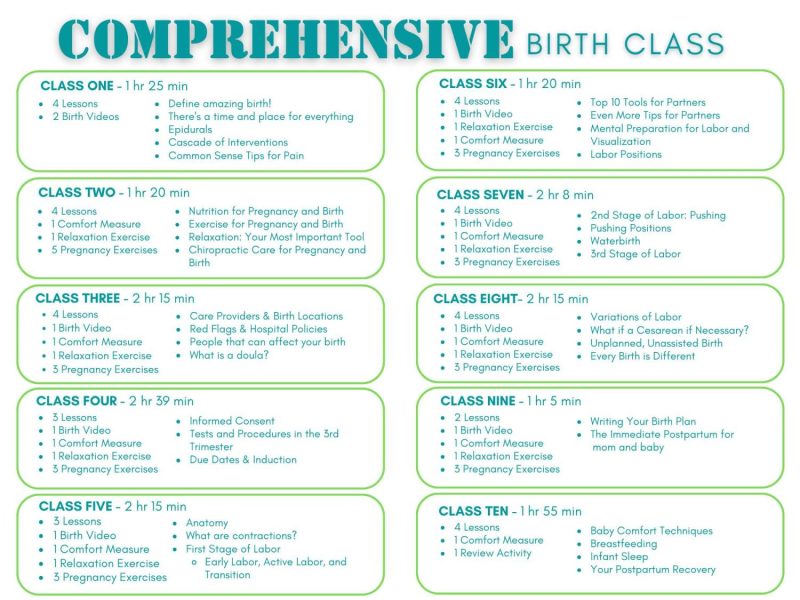Having a baby and becoming a mother is such a beautiful experience. It is full of fun, laughter, happiness, and love. Even with all its joy motherhood can also be exhausting, difficult, stressful, and can lead down a path of depression and anxiety. It is so important to be aware that “almost 1 in 5 women will experience a mental health condition during pregnancy or in the year after the birth.” So what are these some of these conditions, their symptoms, and treatments?
Baby Blues
Baby blues can be experienced by 70-80% of new mothers. This includes feelings of negativity or mood swings and usually occurs within the first week after the birth of your baby.
“Baby blues” symptoms include:
- Crying for no reason
- Feeling overwhelmed
- Fatigue
- Insomnia
- Sadness
- Impatience
- Irritability
- Restlessness
- Anxiety
- Mood Changes
- Poor Concentration
These symptoms should only last for a week or two and then dissipate. Some things you can do to help these feelings include talking to someone, going outside to get fresh air, ask for help from family or friends, and giving yourself grace. You just had a baby! Studies have also shown that consuming Omega 3 Fatty Acids can help alleviate these symptoms*.
Postpartum Depression (PPD)
If your “baby blues” seem to be getting more intense or they are not going away you may be experiencing Postpartum Depression. These symptoms tend to interfere with taking care of yourself and your baby.
Postpartum Depression symptoms can include:
- Inability to sleep or insomnia
- Appetite problems (usually a decrease)
- Frequent Crying
- Lack of emotion
- Depressed mood or mood swings
- Difficulty bonding with your baby
- Withdrawing from family and friends
- Loss of energy or extreme tiredness
- No interest in activities you used to enjoy
- Intense irritability and anger
- Fear that you are not a good mother
- Hopelessness
- Feeling worthless, guilt, or shame
- Severe anxiety or panic attacks
- Thoughts of harming yourself or your baby
- Recurring thoughts of death or suicide
If you feel you are experiencing these symptoms the good news is Postpartum Depression is easily treatable. Contact your care provider right away to discuss your symptoms and treatment options. Talk to your spouse, friend, or family member about what you are experiencing and to ensure they are aware of your feelings. You can also reach out to many available hotlines for support.
Postpartum Anxiety (PPA)
Where Postpartum Depression deals more with sadness Postpartum Anxiety deals more with excessive worry.
Postpartum Anxiety symptoms can include:
- Intrusive or racing thoughts
- Obsessing over irrational fears
- Disrupted sleep
- Increased heart rate
- Unable to breathe or shortness of breath
- Trouble sitting still
- Inability to relax
- Feeling on edge or fearful
- Being controlling
- Checking things over and over
- Difficulty focusing or forgetfulness
Be honest with your care provider if you are experiencing any of these symptoms. They are there to support and help you find treatment that is best for you. Even changing some of your daily routines can help lessen these symptoms, but medication may be necessary.
These are just a few of the most common examples of Maternal Mental Health conditions, but don’t hesitate to discuss with your care provider about any new feelings you are experiencing after the birth of your baby. These feelings can even present themselves up to a year after giving birth so continued communication with a spouse or care provider is helpful. Most importantly if you are feeling these symptoms know you are not alone!
Resources:
Find a Postpartum Doula near you: https://birthbootcamp.com/our-directory/
National Maternal Mental Health Hotline : Call or text at 1-833-TLC-MAMA 1 (833) 852-6262
National Postpartum Support International (PSI) : Call or text at 1 (800) 944-4773
National Suicide Prevention Lifeline: Call 1‑800‑273‑TALK
*Talk to your health care provider before taking any new vitamins or medicine.
